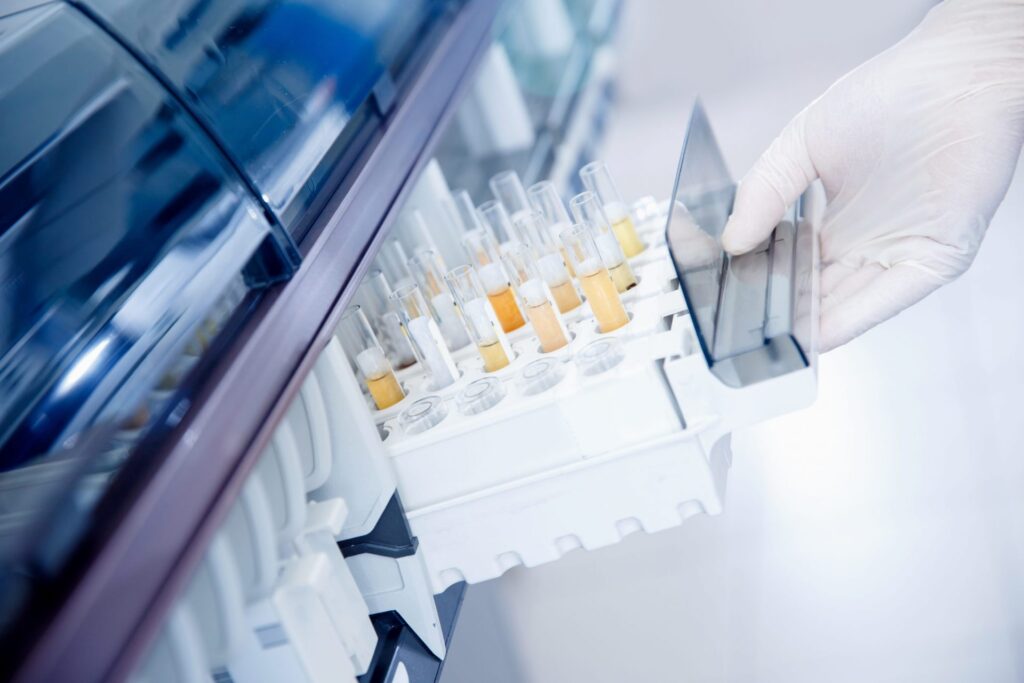In today’s professional world, it is often a struggle just to tread water, let alone get ahead. However, just because it can be difficult to move your career forward does not make it permissible to put the lives and well-being of others at risk. Nowhere is this more important than for government employees, especially those who have a hand in the criminal justice system.
Nevertheless, that’s exactly what has happened in Boston, Massachusetts. Thousands of people ended up with potentially wrongful convictions for drug crimes after a state chemist put her own professional ambitions over their rights to a fair trial. But now, even after discovering the terrible problem, Massachusetts prosecutors are doing all they can to prevent their cases from taking a step backwards.
State Chemist Alters Drug Samples
The fiasco began back in 2003, when Annie Dookhan tried to impress her supervisors with her diligent work as a state chemist in Boston, Massachusetts. Tasked with analyzing samples of those charged with drug crimes, Dookhan regularly managed to test 500 samples in the span of time that it took her coworkers to test 150. Supervisors and peers thought Dookhan was just exceptionally good at her job.
In reality, she just wasn’t testing the samples. Instead, she was just slapping a label on them and moving on. Those drug samples were used as evidence in 24,000 cases, impacting 20,000 people who were arrested for drug crimes between 2003 and 2011. Many of them faced charges for distribution, which came with mandatory minimum jail sentences.
Prosecutors Fight to Uphold Convictions
When Dookhan’s actions came to light in 2012, though, Massachusetts prosecutors refused to simply drop the cases.
Instead, they fought tooth-and-nail to keep the convictions they’d gotten, despite the fact that the underlying evidence was fraudulent. Over the course of the next five years, Massachusetts prosecutors claimed that they didn’t have an obligation to notify those who were convicted with Dookhan’s altered evidence that they might be innocent. They claimed that many of those who were convicted probably just wanted to move on with their lives.
When they were finally forced by the courts to notify those who could be impacted by Dookhan’s actions, prosecutors dragged their feet. Finally, they sent notification letters to those convicted with the tainted evidence, but the Massachusetts Supreme Judicial Court noted that these letters were “wholly inadequate” – they looked like junk mail, had poor Spanish translations, and a confusing return address that was in Philadelphia.
This conduct has finally forced the highest court in the state of Massachusetts to put its foot down and require the prosecutors to dismiss most of the cases.
Maine Criminal Defense Attorney William T. Bly
This situation out of neighboring Massachusetts showcases how far prosecutors are willing to go to control our adversarial criminal justice system. Only a solid criminal defense attorney can prevent them from trampling your rights. If you’ve been charged with a crime in the state of Maine, contact criminal defense attorney William T. Bly online or at (207) 571-8146 for the vigorous defense you need.


